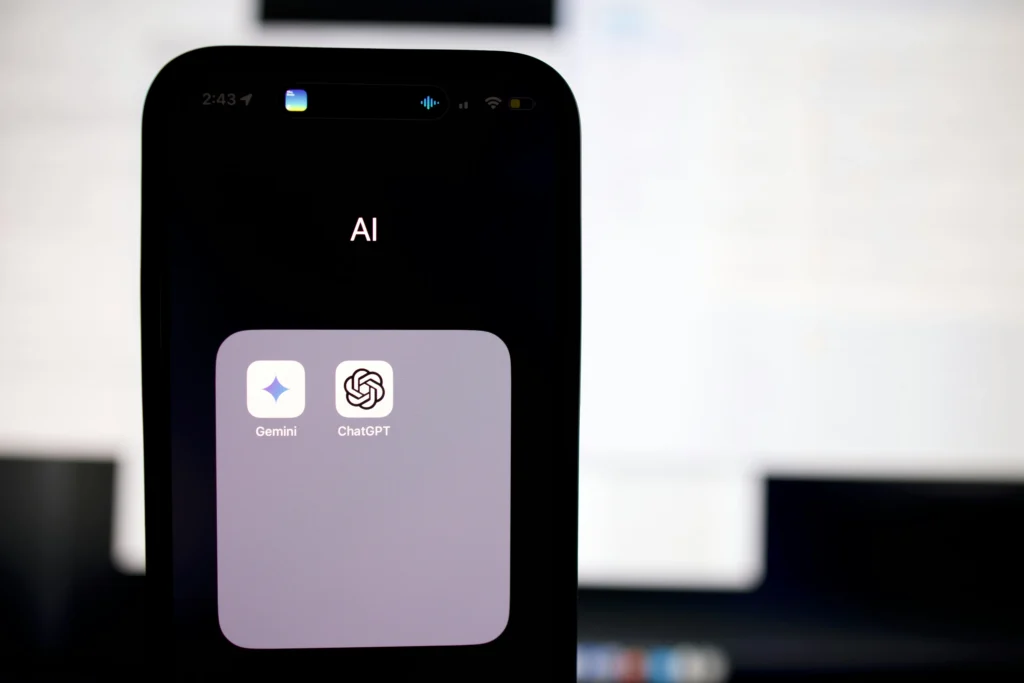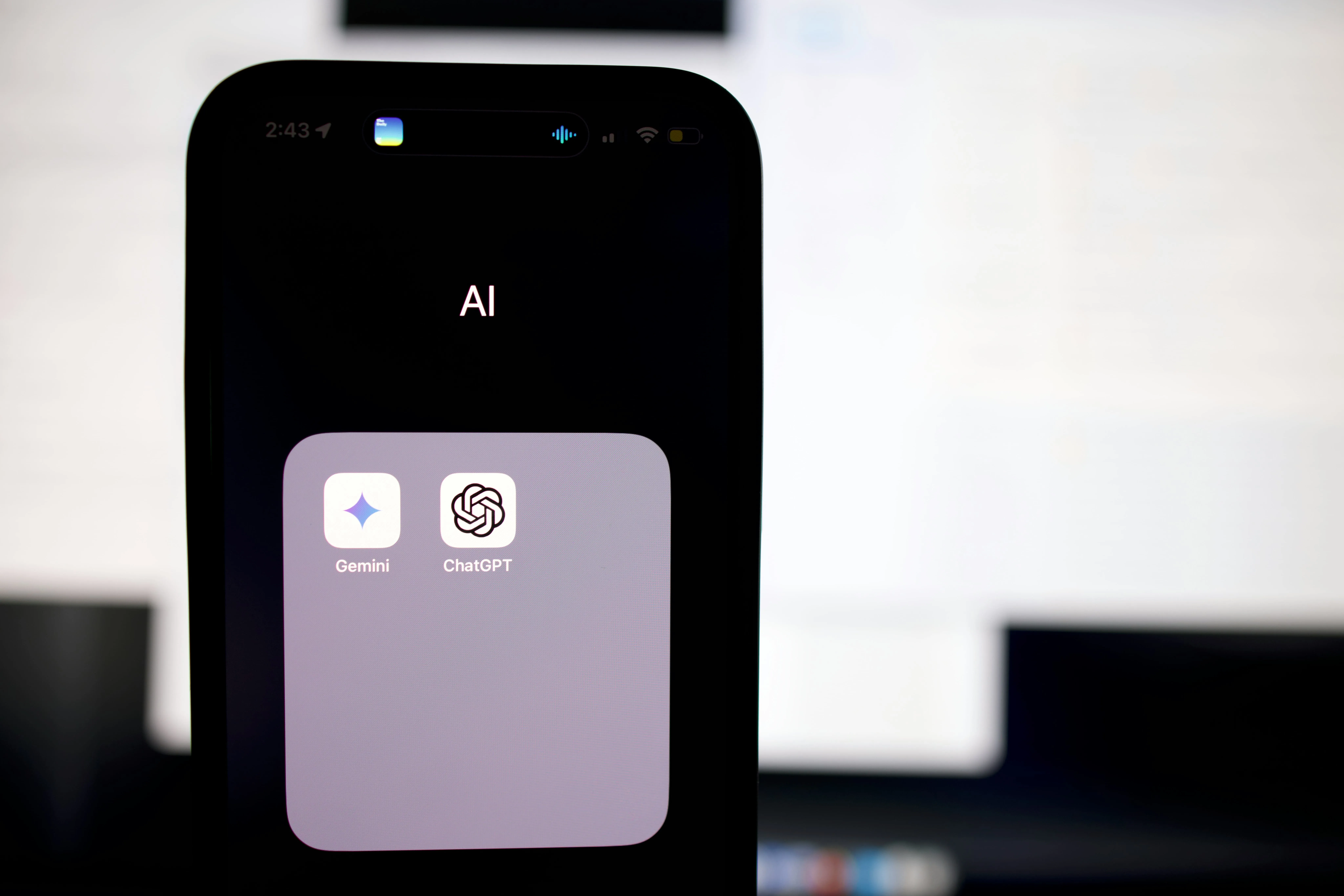
The world of online search is undergoing a major transformation, leading to what can only be called the search wars. Traditional search engines like Google are being challenged by AI-powered search tools such as ChatGPT and Perplexity AI. These new models promise more conversational, personalized, and efficient search experiences than ever before. But which one will dominate the future of the search wars? Let’s dive into a detailed comparison.
How Do These Search Engines Work?
Google Search: The Power of Crawling and Indexing

Google Search has long been the go-to search engine for billions of users worldwide. It operates using a crawler-based algorithm, which systematically explores the web by sending out bots to discover and index webpages.
These bots, often referred to as “Google crawlers,” continuously scan the web for new pages or updates to existing content. Once a page is found, Google analyzes its relevance and adds it to its vast search index.
When a user submits a query, Google searches its indexed data to find the most relevant web pages. It ranks results based on several key factors.
Relevance measures how closely the content matches the search query. Backlinks indicate the number of reputable sites linking to the page, which boosts authority. Domain authority reflects how established and trusted a website is in its field.
Google also considers user engagement metrics, such as click-through rates and time spent on a page, to refine rankings. As the search wars intensify with AI-driven search engines, Google continues improving its algorithm to maintain dominance in delivering the most accurate results.
The results are then delivered to the user in the form of web links, typically showing several URLs that the search engine deems most relevant to the query. For added convenience, Google also presents snippets (brief summaries) of each result, providing users with a preview of the content directly within the search results. This allows users to quickly decide whether the page contains the information they are looking for, without needing to click through each link. As the search wars continue to evolve, Google is enhancing these features to stay competitive with emerging AI-powered search engines that aim to deliver even more tailored and efficient search experiences.
In recent years, Google has also integrated more AI-driven features into its search engine. For example, Google Bard and Gemini, two of Google’s advanced AI models, are now used to provide AI-generated summaries of web pages or even generate original content based on the search query. These AI-driven features allow users to receive more refined and contextually accurate information, even when searching for complex or multi-part questions.
In addition to traditional search methods, Google has also introduced semantic search, which aims to understand the context of a user’s query rather than just matching keywords. This allows Google to deliver more relevant results even when the search terms are vague or unclear. Google’s machine learning algorithms continuously improve, getting better at interpreting user intent and delivering the most accurate and helpful answers.
ChatGPT Search (OpenAI): A Conversational Search Revolution
No joke, there's a new voice in ChatGPT. pic.twitter.com/7pq8h2cPxW
— OpenAI (@OpenAI) April 1, 2025
ChatGPT Search by OpenAI offers a drastically different approach to online search by leveraging Large Language Models (LLMs) to generate human-like responses directly to user queries. Rather than presenting a list of web pages like traditional search engines, ChatGPT provides direct, conversational answers, making it easier for users to get the information they need in a more efficient and interactive way.
At the heart of ChatGPT is its LLM, which is trained on vast amounts of text data from books, websites, research papers, and other publicly available resources. These models understand context, syntax, and semantics, allowing them to generate coherent responses to any query in real time. ChatGPT is capable of answering factual questions, explaining complex concepts, and even engaging in follow-up conversations, which makes the search experience feel more personal and dynamic.
Unlike traditional search engines that rely on indexing and ranking external web pages, ChatGPT utilizes trained knowledge and web data to create responses based on its deep understanding of language patterns. It does not simply pull up a list of links and snippets but instead provides a custom-generated answer tailored to the specific query. This helps users avoid the need to click through multiple websites, saving time and effort.
Additionally, ChatGPT’s conversational approach allows for follow-up questions and clarifications. For example, if a user asks a broad question like “What are the benefits of AI?”, they can then ask for more specific examples or explanations without needing to refine the search query. This makes ChatGPT a great tool for interactive learning or in-depth research, as it can provide continuous, context-aware responses that evolve as the conversation progresses.
One of the most powerful features of ChatGPT is its ability to offer custom GPTs. These are specialized versions of ChatGPT that can be fine-tuned for specific industries, topics, or domains. For instance, a medical professional could create a custom GPT that focuses solely on healthcare-related queries, ensuring that the responses are accurate and relevant. Similarly, businesses could create a GPT tailored to their particular industry, which could offer internal knowledge or assist in tasks such as customer service.
ChatGPT’s use of an LLM also allows for greater flexibility in the search experience. It can be used for everything from AI-assisted content creation to real-time language translation and even for personalized advice or recommendations based on previous interactions.
Key Differences Between Google Search and ChatGPT Search in the Ongoing Search Wars
Approach to Results: As the search wars evolve, Google Search continues to present users with a list of web links based on relevance, whereas ChatGPT Search provides direct, conversational answers to queries, eliminating the need for users to sift through multiple pages of results.
Technology: Google relies on a crawler-based algorithm to index the web, while ChatGPT utilizes Large Language Models (LLMs) trained on vast datasets. This technological contrast is a major factor in the search wars, as AI-driven search engines challenge traditional indexing methods.
User Interaction: Google Search is designed for single-query searches, offering ranked web links and snippets, whereas ChatGPT allows for ongoing conversations, offering follow-up answers and clarifications in real-time. This interactive search experience is redefining the search wars, as users increasingly favor AI-driven responses over static search results.
Specialization: Google’s search results are broad and based on indexed web pages, whereas ChatGPT can be customized into specialized GPTs for different industries or domains. This specialization gives AI-powered search engines a unique advantage in the search wars by providing highly tailored information.
Data Updates: Google frequently updates its web index by crawling new and updated pages, ensuring fresh results. In contrast, ChatGPT’s responses depend on its training data, with updates occurring periodically. The challenge of real-time accuracy remains a crucial battleground in the search wars, as AI search engines strive to match Google’s ability to provide the latest information.
Perplexity AI
- Combines AI-powered responses with real-time web access for fact-checked, up-to-date answers.
- Offers source citations for reliability.
- Has a clean, ad-free interface optimized for research.
| Feature | ChatGPT | Perplexity AI | |
|---|---|---|---|
| Data Source | Indexed web pages | Pre-trained knowledge + limited browsing | AI-generated + real-time sources |
| Fact Checking | Google Ranking | Sometimes outdated | Cites sources for verification |
| Personalization | Search history-based | Limited | AI-adaptive |
Accuracy & Reliability
🔹 Google has the largest data index but may prioritize SEO-based results. 🔹 ChatGPT is conversational but can generate outdated or incorrect information. 🔹 Perplexity AI offers real-time insights with cited sources for transparency.
User Experience & Speed
| Feature | ChatGPT | Perplexity AI | |
| Response Speed | Instant | Fast (but depends on model) | Fast (real-time search) |
| Ease of Use | Traditional interface | Chat-style UI | Minimalistic & clean |
| Multimodal Support | Text, Images, Video | Text, Code, Images (Pro) | Text & AI summaries |
🔹 Google is familiar and fast but requires multiple clicks for deeper research. 🔹 ChatGPT is more interactive but sometimes lacks real-time updates. 🔹 Perplexity AI is a balance between AI-generated responses and traditional search accuracy.
Monetization & Ads
| Feature | ChatGPT | Perplexity AI | |
| Ad-based Revenue | Yes (Google Ads) | No ads (Pro version available) | No ads (for now) |
| Subscription Model | Free | Free & Paid (ChatGPT Plus) | Free & Paid (Pro Plan) |
| Data Privacy Concerns | Collects user data | Limited logging | Focuses on privacy |
🔹 Google makes money through ads and data-driven advertising. 🔹 ChatGPT and Perplexity AI offer subscription-based premium models for revenue. 🔹 Privacy-conscious users may prefer AI-driven alternatives over Google.
Future Predictions: Who Will Win?
✅ Google’s Strengths:
- Massive database & search dominance
- Deep AI integration with Gemini & Bard
- Advertising and business-friendly model
✅ ChatGPT’s Strengths:
- Conversational, AI-driven responses
- Great for content creation, coding, and problem-solving
- Growing AI capabilities with custom GPTs
✅ Perplexity AI’s Strengths:
- More reliable, source-based AI search
- Minimal ads, privacy-focused
- Best for research & deep learning
Final Verdict
Each platform has its strengths, but the future of search will likely involve a hybrid model combining Google’s indexing power, ChatGPT’s conversational intelligence, and Perplexity AI’s real-time accuracy.
💡 Which AI search engine do you prefer? Let us know in the comments!
For more insights on how AI is shaping the future of computing, check out our in-depth analysis on AI-powered laptops and their impact on technology.












One thought on “AI-Powered Search Wars: Top 3 Competitors – Google vs ChatGPT vs Perplexity AI”